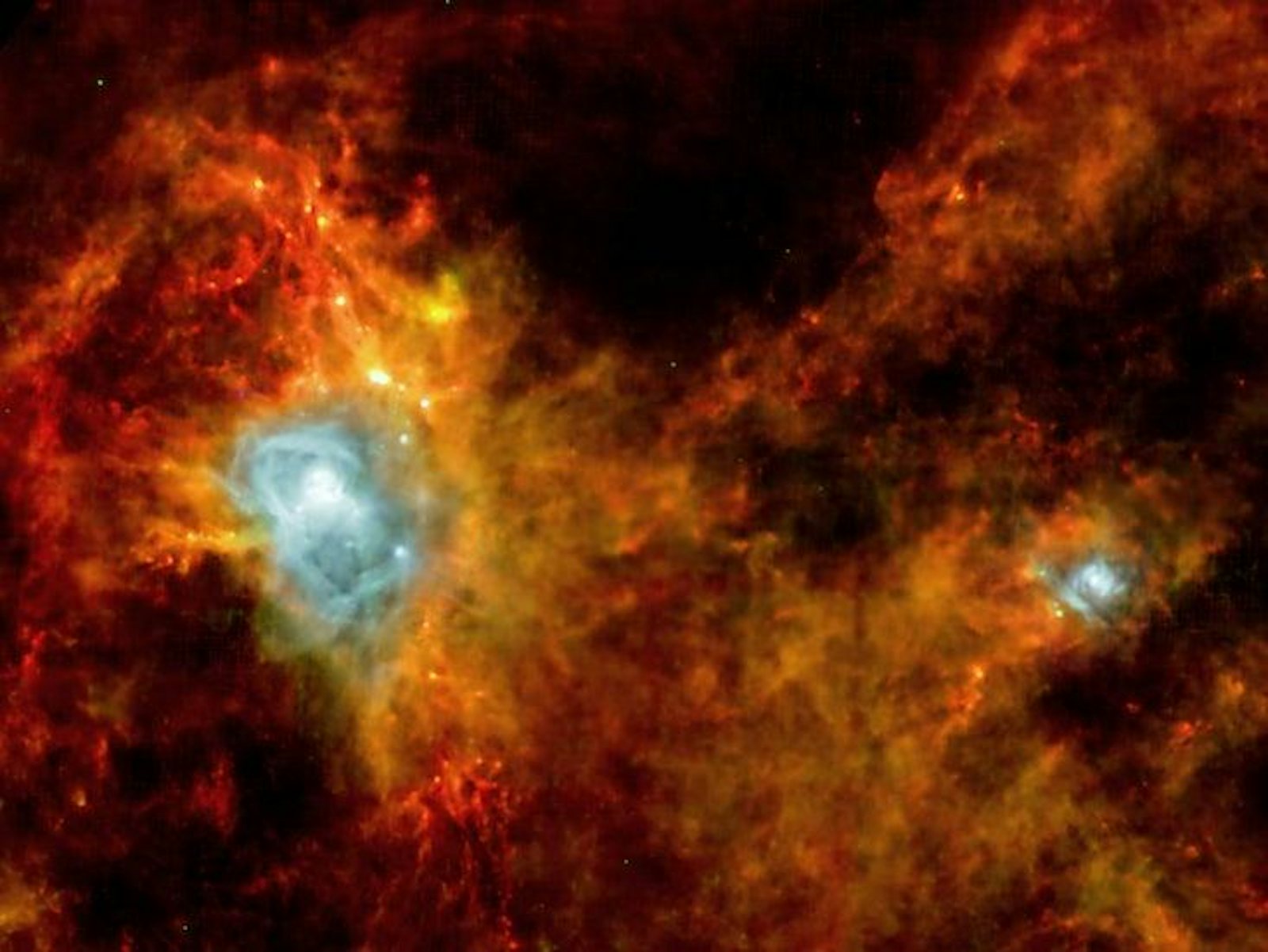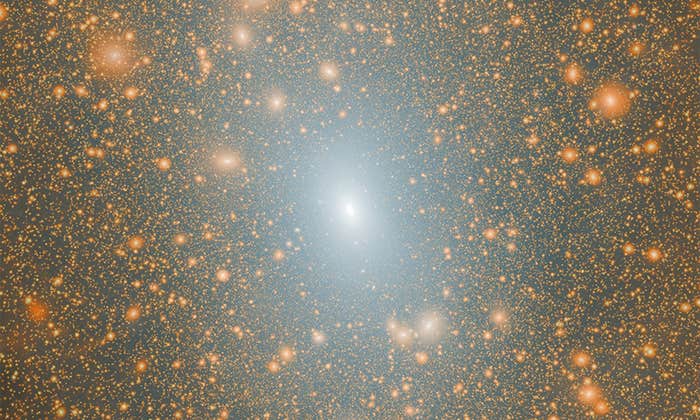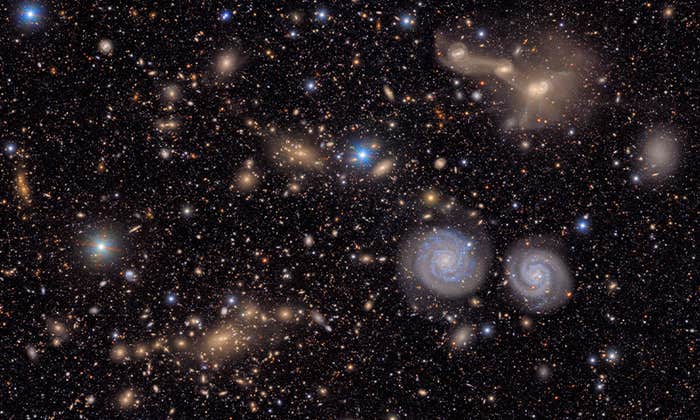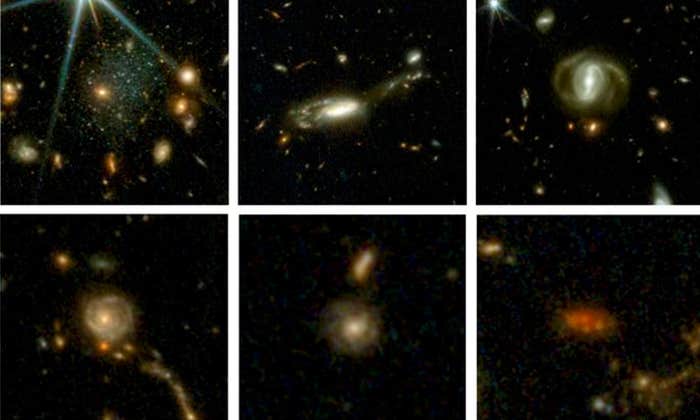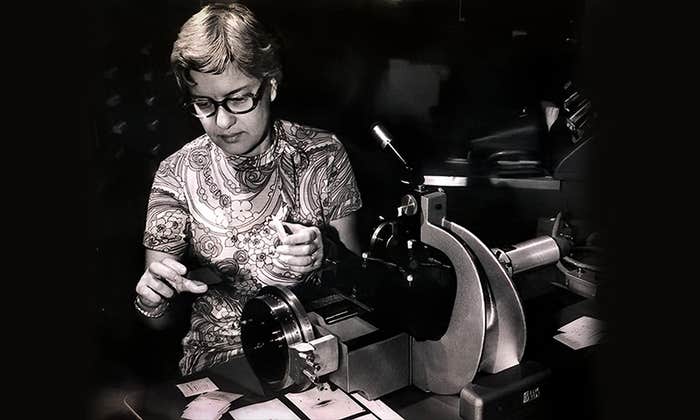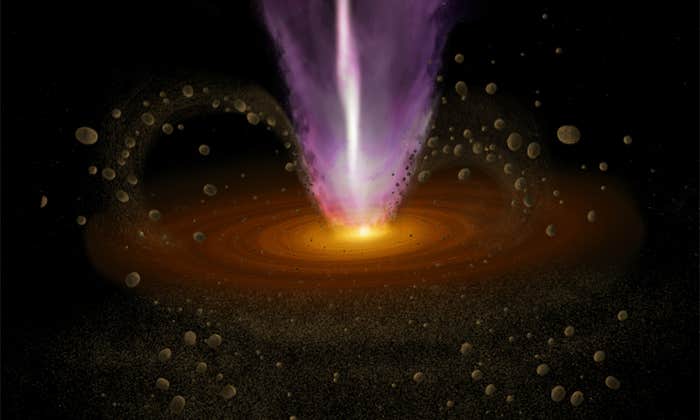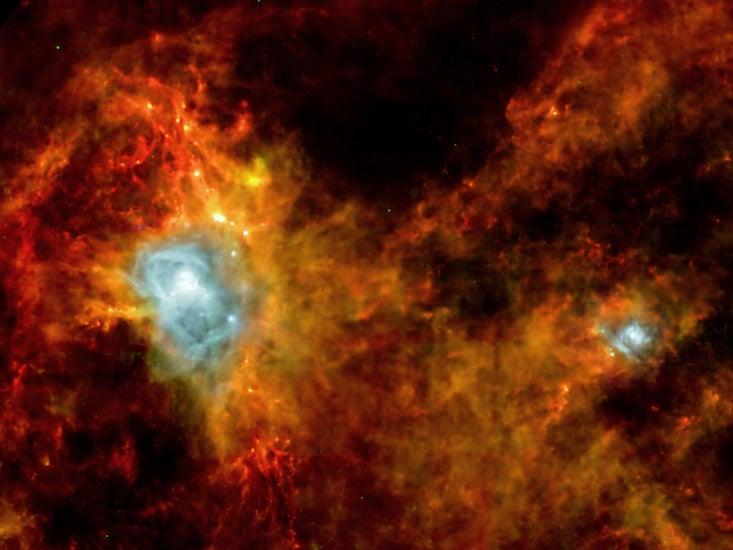
April—National Poetry Month—prompted me to reread some of the work of English-American poet W.H. Auden. In “Funeral Blues,” famously recited in Four Weddings and a Funeral, Auden pairs musings on the cosmos with those on the human condition. The last four lines of “Funeral Blues” evoke grief over the loss of a loved friend:
The stars are not wanted now: put out every one;
Pack up the moon and dismantle the sun;
Pour away the ocean and sweep up the wood;
For nothing now can ever come to any good.
Auden’s cosmic touch also comes through in the star-centered poem “The More Loving One,” a sort of stoic reflection on the life-giving importance of stars, their indifference to us, and the human penchant to take their powers for granted:
Looking up at the stars, I know quite well
That, for all they care, I can go to hell,
But on earth indifference is the least
We have to dread from man or beast.
How should we like it were stars to burn
With a passion for us we could not return?
If equal affection cannot be,
Let the more loving one be me.
Admirer as I think I am
Of stars that do not give a damn,
I cannot, now I see them, say
I missed one terribly all day.
Were all stars to disappear or die,
I should learn to look at an empty sky
And feel its total dark sublime,
Though this might take me a little time.
Stars, of course, not only sustain life, by showering planet Earth in photons, but also can contain, in their protostellar (or very young) form, a precursor material of life: a molecule called glycolonitrile. It is “one of the key precursors towards adenine formation,” scientists reported in January, in the Monthly Notices of the Royal Astronomical Society. Adenine is one of the four nucleobases comprising DNA, alongside guanine, cytosine, and thymine.
The researchers trawled through archival data from one of the world’s biggest astronomy telescopes, the Atacama Large Millimeter/submillimeter Array (ALMA), and made the first detection of glycolonitrile, near a protostar about 450 light years from Earth in the Rho Ophiuchi cloud complex, one of the easiest star-forming regions to observe. The study’s lead author, Shaoshan Zeng, a research student at Queen Mary University of London, said in a press release, “We have shown that this important pre-biotic molecule can be formed in the material from which stars and planets emerge, taking us a step closer to identifying the processes that may have led to the origin of life on Earth.”
How star formation leads to life formation is one of the puzzles Daniel Wolf Savin, an astrophysicist at Columbia University, has worked on. Involved is a “long chemical chain,” he told Nautilus’ Kevin Berger, “and we’re just focusing on the beginning.” In his lab, to study the genesis of organic chemistry, he’s merged a beam of atomic carbon with a beam of molecular hydrogen. “We watch the carbon and hydrogen molecules interact and form hydrocarbons, the first organic molecules.” He’s also used a similar method to study the formation of water.
Watch our whole interview with Savin here.
Brian Gallagher is the editor of Facts So Romantic, the Nautilus blog. Follow him on Twitter @BSGallagher.















